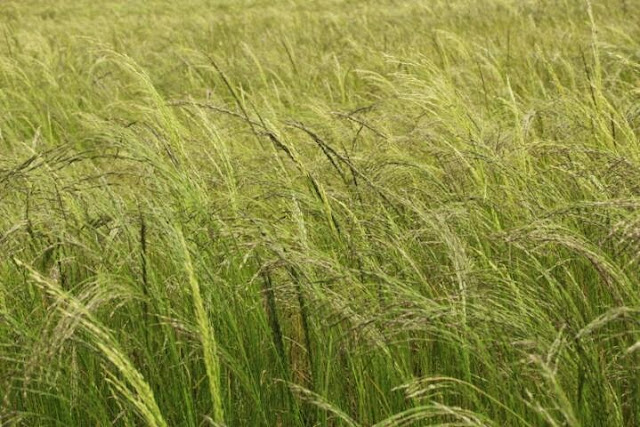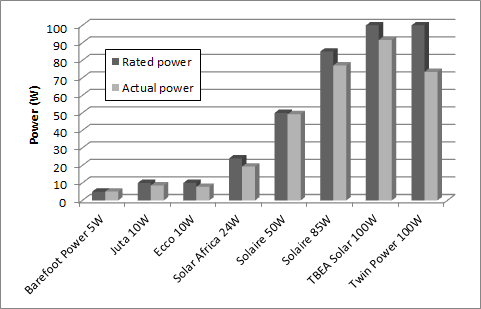





















The biggest project I am working with this year with Kumudzi Kuwale, is
a project funded by the Norwegian Embassy (or Ministry of Foreign
Affairs, actually). The goal of the project is to develop solar energy
as a viable alternative for lightning and other energy needs for
villagers and businesses in off-grid areas in Nkhotakota.
There are many reasons for using solar energy in these areas: Firstly,
currently villagers are using kerosene, candles or battery powered
lights, which generate in- and outdoor contamination. Indoor pollution
is one of the greatest health problems in Malawi due to use of lamps and
fireplaces indoors. Secondly, the consumption of kerosene, candles and
batteries is very expensive for the villagers, a great part of the
family's income is spent on these products. Also, by going over to solar
energy, we are creating sustainability - less fossile energy is
consumed, but the communities also become less dependent on imports and
transport of high-cost energy products. One might also add the time that
is saved, when villagers do not have to travel long distances for
purchase of the mentioned products.
However, the challenge in implementing solar energy is mostly related to
the investment: A quality solar product can cost around 50,000 kwacha (a
bit more than 100 USD), while the people that are lucky to have jobs
mostly earn between 10,000 and 20,000 kwacha per month. Most people
don't actually have income-generating jobs at all, except for farming
which will give some income during the harvesting season.
That's why we are now trying to develop a model which can make solar
energy accessible to the people. We are developing a model where the
villagers only have to purchase lights and appliances, while the
investment of the battery and the solar panel is left with our company
Kumudzi Kuwale. The way of implementing this is to build a village
charging station, where villagers can rent batteries that are charged
from a solar panel array on the building.
We will build charging stations in four different villages in
Nkhotakota. We are these days just finalizing the first, so it is an
exciting time. The construction of the building itself was started on
March 25, and it is now already almost finished. During the last two
weeks we have, with help from students from NYO vocational skills
training centre, installed lights in 23 houses in this village. We were
expecting to have 30 village customers, but now we have a list of more
than 130 interested customers. The villagers are extremely greatful for
the project, even though some think that our prices are a bit high.
This week I also brought the Norwegian partner group which is visiting
us in Nkhotakota for the yearly review, and we were received with a
spectacular festival of singing and dancing. I take it as a sign of
thanks from the villagers. The dancing and singing truely deserves a
separate blogpost, but it will do with a few photos this time.
Within a week or two we will start renting out the batteries, and it
will be very interesting to see how it goes from there.






































































